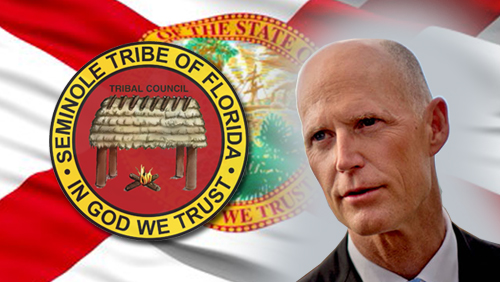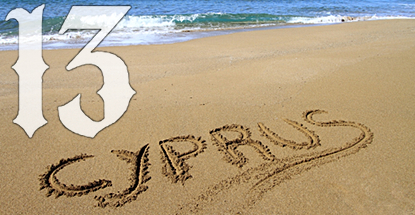New Jersey’s regulated online gambling market earned $10.7m in revenue in December, $2m more than it earned the previous month. The gains are a bit illusory, given the fact that November’s numbers were negatively impacted by a $1.3m slots jackpot paid out by Caesars interactive New Jersey. Nonetheless, the state’s Division of Gaming Enforcement (DGE) is trumpeting the fact that December’s total is up 63% over December 2013, the first full month of the state’s regulated online gambling market.
As usual, the casino vertical earned the bulk of revenue, generating nearly $8.7m, while the poker vertical earned $2.05m, an improvement on November’s record low of $1.87m. The market’s poker vertical peaked at $3.4m in January and has been on a largely uninterrupted decline ever since.
For 2014 as a whole, online gambling earned nearly $122.9m, with $93.8m coming from casino games and just under $29.1m from poker. The state’s annual tax haul from online gambling came to $18.4m.
The Borgata/Bwin.party/Pala online combo earned $3.6m in December, $2.5m (+5%) from casino and $1.1m (+10%) from poker. With no crippling slots jackpots to pay out, Caesars Interactive earned $2.63m, roughly equivalent to what it earned back in September. Caesars’ casino vertical earned nearly $1.7m, while poker earned $950k (+8%).
The Tropicana’s casino-only site earned $2.3m, virtually unchanged from the previous month. The Golden Nugget’s casino-only site earned nearly $2.2m, up $700k from November, reflecting a full month’s contribution from Betfair, who switched over to the Nugget’s platform on Nov. 21.
For 2014 as a whole, Borgata/Bwin.party generated a total of $44.3m ($29m casino, $15.3m poker), easily eclipsing Caesars’ $32.8m ($19.5m casino, $13.3m poker). The Tropicana earned nearly $22.6m while the Nugget claimed $10.8m.


















